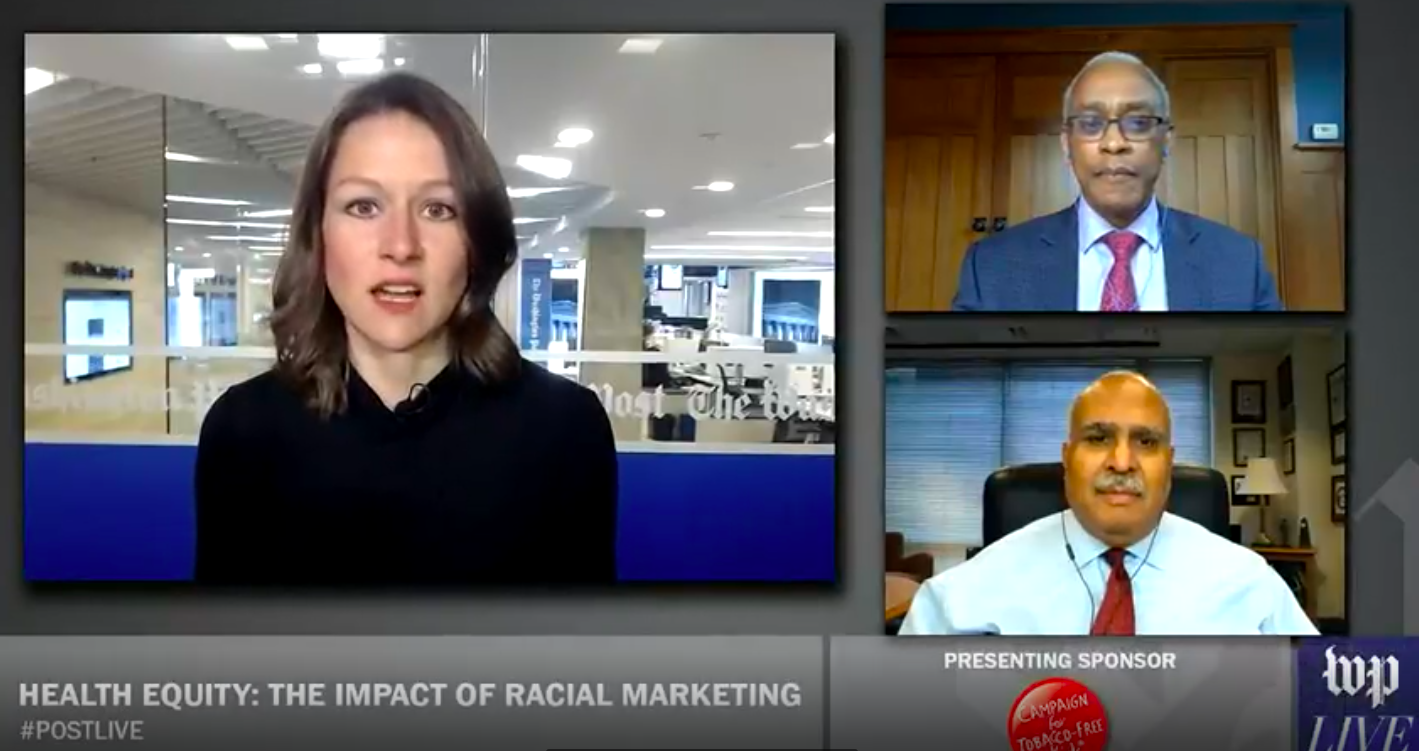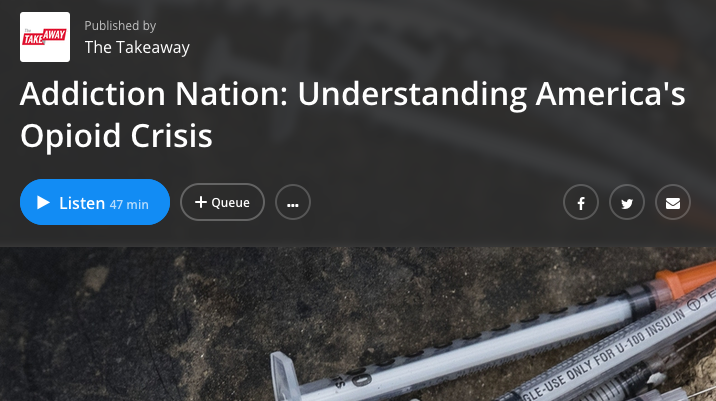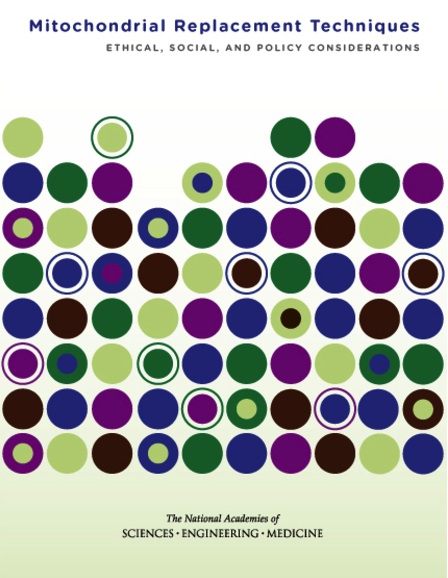history, health policy, public affairs
Keith Andrew Wailoo is Henry Putnam University Professor of History and Public Affairs at Princeton University where he teaches in the Department of History and the School of Public and International Affairs. He is former Chair of the Department of History, the former Vice Dean of the School of Public and International Affairs, and Past President (2020-22) of the American Association for the History of Medicine. He is an award-winning author on drugs and drug policy; race, science, and health; and genetics and society; and he is known also for insightful public writing and media commentaries on history of medicine, pandemics and society, and medical affairs in the U.S.
In 2021, he received the Dan David Prize for his “influential body of historical scholarship focused on race, science, and health equity; on the social implications of medical innovation; and on the politics of disease.” In 2021, he was also elected to the American Academy of Arts and Sciences.
WAILOO NAMED 2021 DAN DAVID PRIZE LAUREATE IN THE HISTORY OF HEALTH AND MEDICINE
“How Do Pandemics Change Societies? A Historian Weighs In”
For many Americans, March 11, 2020, was the day the pandemic began to feel real. NPR's Audie Cornish speaks with historian Keith Wailoo about how pandemics change societies. — National Public Radio, All Things Considered, March 11, 2021.
Other recent health, history, and policy writings include: “Historical Aspects of Race and Medicine: The Case of J. Marion Sims,” Journal of the American Medical Association (October 2018); “Sickle Cell Disease: A History of Progress and Peril,” New England Journal of Medicine (March 2017); and “The FDA’s Proposed Ban on Menthol Cigarettes,” New England Journal of Medicine (March 2019)
Wailoo is currently working on other book-length projects: a history of addiction in the U.S.; a history of how pandemics past and present transformed life in the United States; and Poisoning Master — a story of enslavement, drugs, the law, and racial hierarchy, set in 1850s Tennessee on the cusp of the Civil War and focusing on the trial of an enslaved girl, a nurse accused of murder.
His books include:
Pushing Cool: Big Tobacco, Racial Marketing, and the Untold Story of the Menthol Cigarette (University of Chicago Press, 2021)
Pain: A Political History (Johns Hopkins University Press, 2014)
How Cancer Crossed the Color Line (Oxford University Press, 2011)
The Troubled Dream of Genetic Medicine (Johns Hopkins University Press, 2006) Recipient of the 2006 Association of American Publishers Book Award in the History of Science
Dying in the City of the Blues: Sickle Cell Anemia and the Politics of Race and Health (University of North Carolina Press, 2001) Recipient of the 2002 American Political Science Association Book Award (Social and Legal Dimensions of Race and Ethnicity in the U.S.); 2003 Susanne M. Glasscock Humanities Book Prize for Interdisciplinary Scholarship; 2002 Lillian Smith Book Award for Non-Fiction; 2005 William H. Welch Award, American Association for the History of Medicine for best book in the field; and 2006 Sickle Cell/Thalassemia Patients Network, Community Service Award.
Drawing Blood: Technology and Disease Identity in Twentieth Century America (Johns Hopkins University Press, 1997) Recipient of the 1996 Arthur Viseltear Award, American Public Health Association
Keith Wailoo's co-edited volumes include:
Medicare and Medicaid at 50: America's Entitlement Programs in the Age of Affordable Care (Oxford University Press, 2015)
Genetics and the Unsettled Past: The Collision of DNA, Race, and History (Rutgers University Press, 2012)
Katrina’s Imprint: Race and Vulnerability in America (Rutgers University Press, 2010)
Three Shots at Prevention: The HPV Vaccine and the Politics of Medicine's Simple Solutions (Johns Hopkins University Press, 2010)
A Death Retold: Jesica Santillan, the Bungled Transplant, and Paradoxes of Medical Citizenship (University of North Carolina Press, 2006)
He has lectured widely, and published articles in the British medical journal Lancet, the New York Times, The New England Journal of Medicine, The Daily Beast, American Prospect, Perspectives in Biology and Medicine, the Bulletin for the History of Medicine, the Journal for the History and Philosophy of the Life Sciences, and the Journal of Health Politics, Policy, and Law.
In the Nov 2020 William C. Stubing Lecture, “Whose Pain Matters"? Wailoo reflects on race, social justice, and COVID-19’s revealed inequalities (NYU Center for Bioethics and The Greenwall Foundation)
In 2007, Wailoo was elected to the National Academy of Medicine (formerly the Institute of Medicine). His research has been supported by numerous grants and fellowships, among them the National Institutes of Health, the Robert Wood Johnson Foundation's Investigator Awards in Health Policy Research, and the James S. McDonnell Foundation's Centennial Fellowship in the History of Science.
Before joining the Princeton faculty, Wailoo taught at the University of North Carolina at Chapel Hill in the Department of Social Medicine (School of Medicine) and in History, and at Rutgers University in History and in the Institute for Health, Health Care Policy, and Aging Research. At Rutgers, he was Martin Luther King Jr. Professor of History and founding director of the Center for Race and Ethnicity. Wailoo graduated from Yale University with a Bachelors degree in Chemical Engineering, and worked as a science writer for several years, before earning a Ph.D. from the University of Pennsylvania in the History and Sociology of Science.
history / health / policy/ public affairs
On WNYC's program, Keith Wailoo, an expert on pain and author of “Pain: A Political History,” discusses the opioid crisis.
Listen to 2016 Debate with Robert F. Kennedy Jr. -- Health Disparities Today, on Tavis Smiley Show, PBS-TV (January 2016)
“we are beneficiaries of polio vaccine… measles, mumps, and rubella vaccine… several generations of young people who have grown into adulthood never having to worry about these illnesses… important that even if you ask critical questions about the science underpinning vaccine safety, or the process that brings a vaccine into existence, that you don’t use [those questions] as a way of undermining confidence in vaccines in general… ultimately, that’s a terrible disservice…” (Keith Wailoo to Robert Kennedy, Jr., 2016)
COVID-19 and the Black Community — A Discussion between Keith Wailoo and Itah Sadu, A Different Booklist Cultural Centre (Toronto), May 13, 2020
“Explaining Epidemics” Introduction and Session 1 of a seven-part webinar “Pandemic, Creating a Usable Past: Epidemic History, COVID-19, and the Future of Health” (May 8-9, 2020). Organized with Keith Wailoo. View webinar series here: American Association for the History of Medicine
Keynote Address — October 2019 National Academy of Medicine Annual Meeting — “Technology, Diversity, and the Future of Health: The Social Predicament of Genetic Innovation”
Listen The Politics of Pain (Radio Interview, KERA-NPR, Dallas, May 2016)
"Negotiating a World of Hurt" -- Review of Pain: A Political History, in Chronicle of Higher Education, October 2014 (subscription)
"Feeling Your Pain" -- Review of Pain: A Political History, in Science, September 2014
ON DRUGS, HEALTH AND SOCIETY
"From Disease to Drugs, Wailoo Explores Nexus of Health and Society"
HOW LIBERALS AND CONSERVATIVES VIEW PAIN
"The Politics of Pain" (How Liberals and Conservatives View Suffering, two leading experts discuss) -- American Prospect, April 2014
"Who Has a Right to Pain Relief?" -- The Atlantic, August 2014
"Pain Touches Sensitive Political Nerves" (podcast interview)
Panel discussion on new book Medicare and Medicaid at 50: America's Entitlement Programs in the Age of Affordable Care -- sponsored by National Academy of Social Insurance at the National Press Club (June 2015)
Wisconsin Public Radio interview, July 2015 (Medicare and Medicaid Turn 50)
"Keith Wailoo describes his new book on Pain as part of the Robert Wood Johnson Foundation's What's Next Health Series"





















